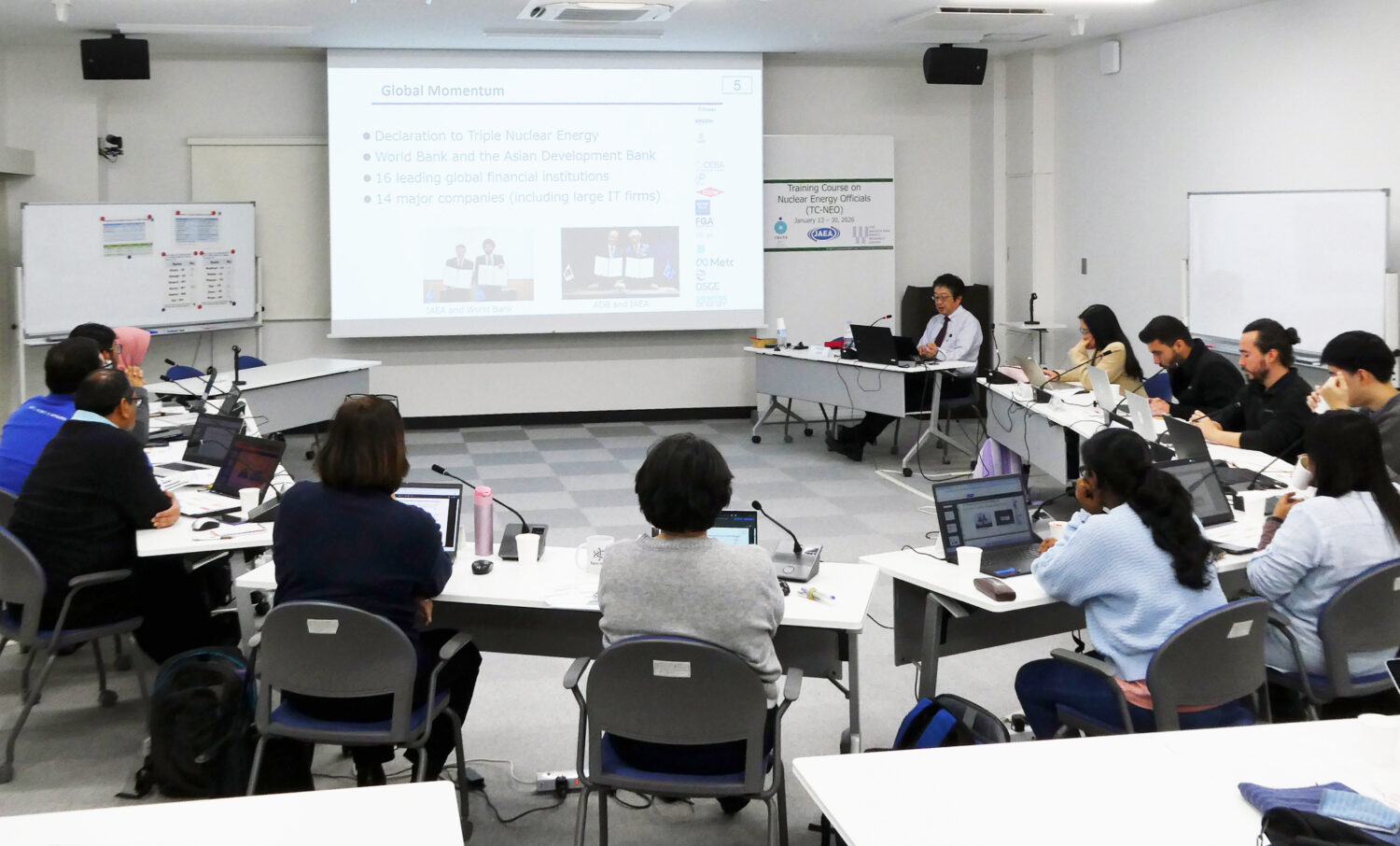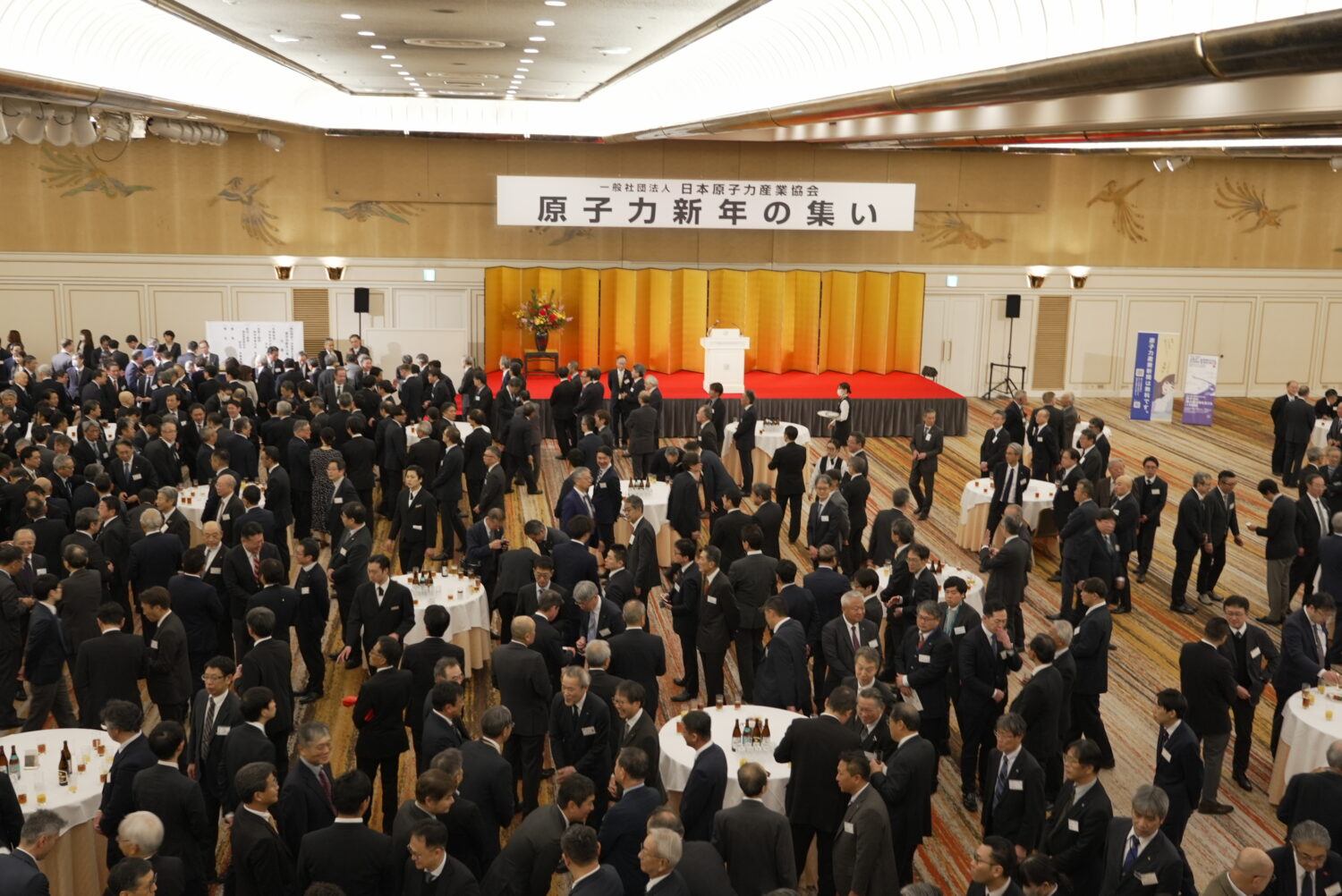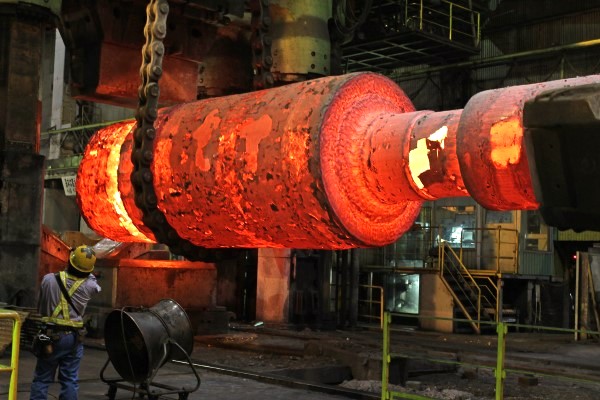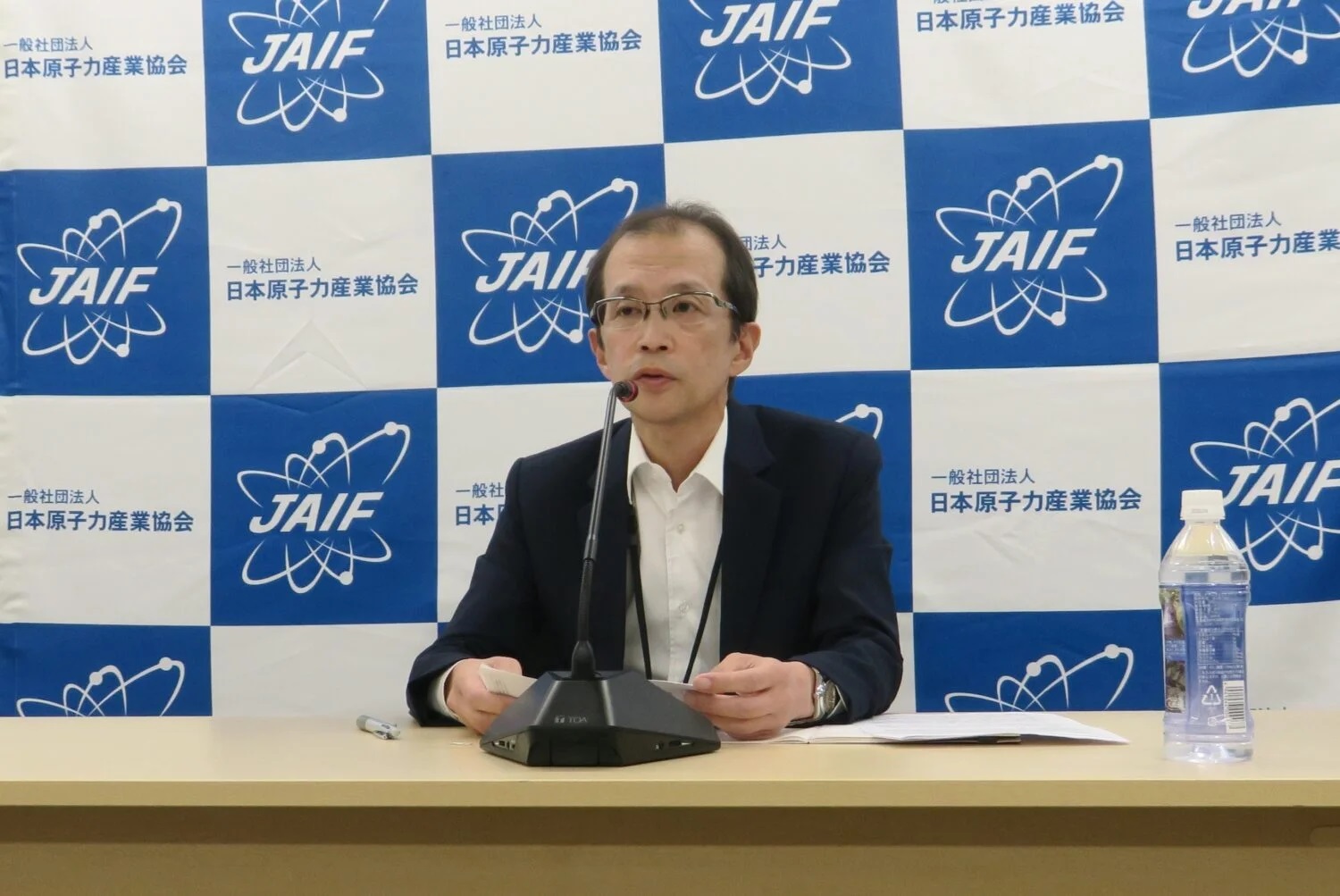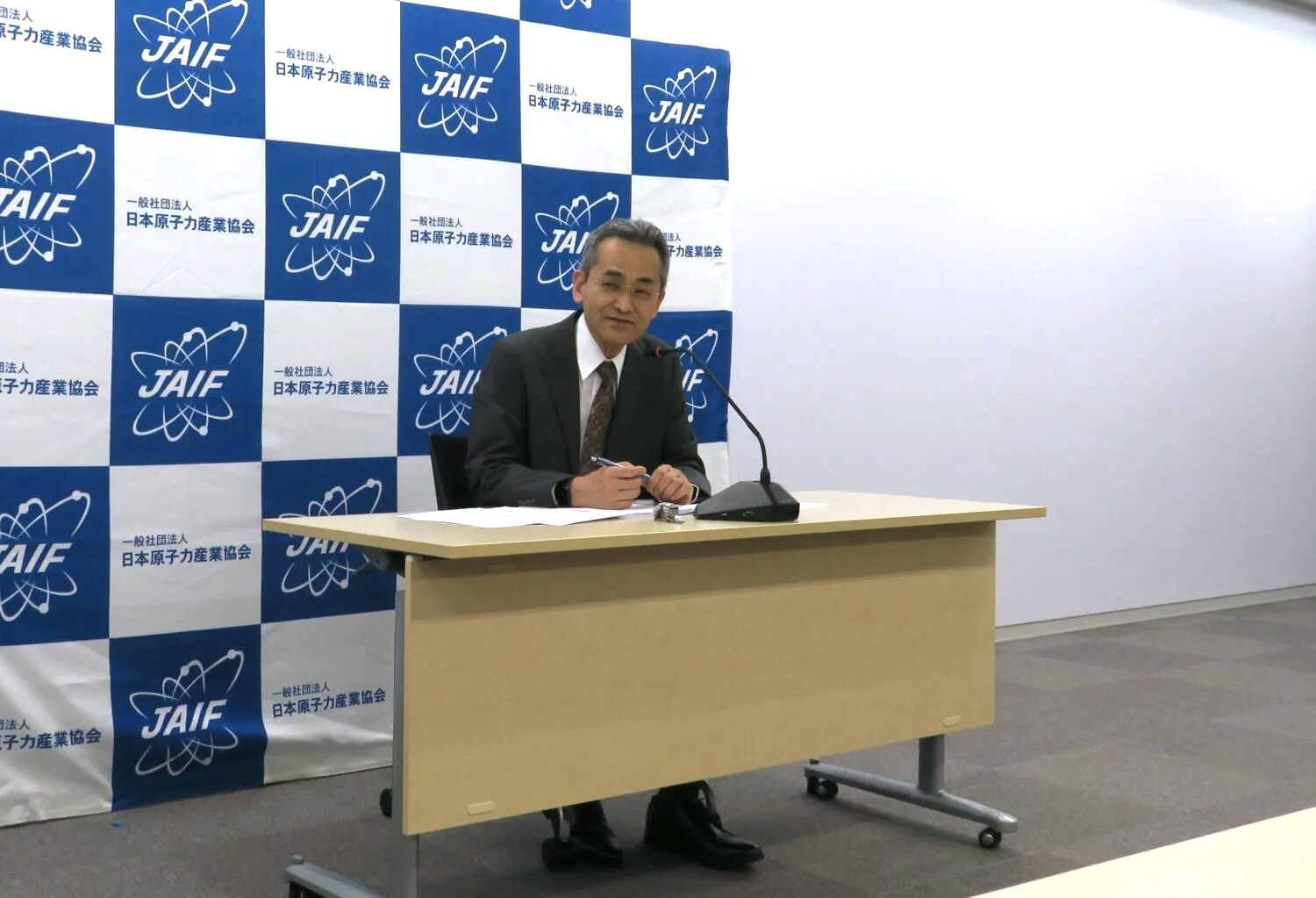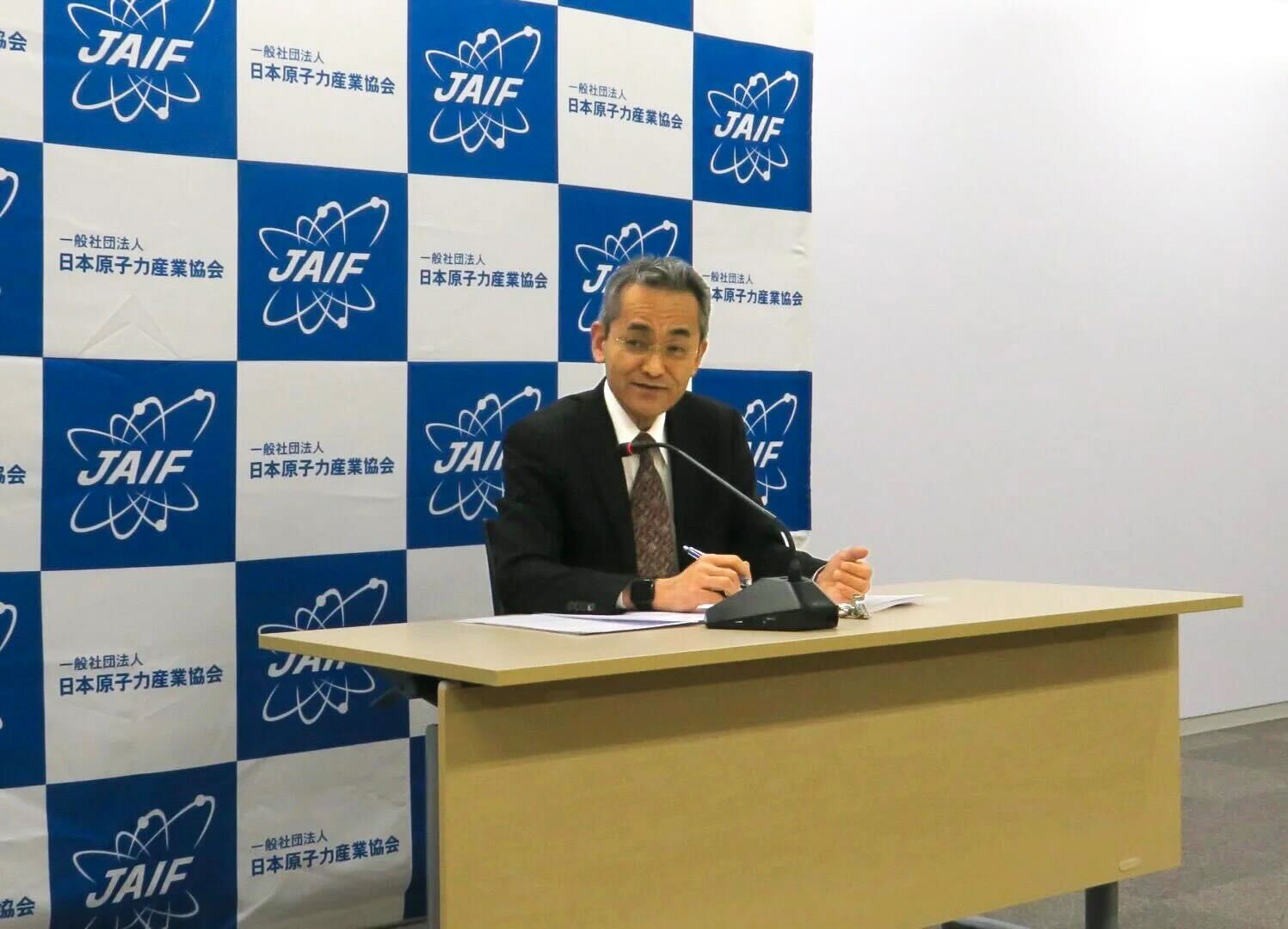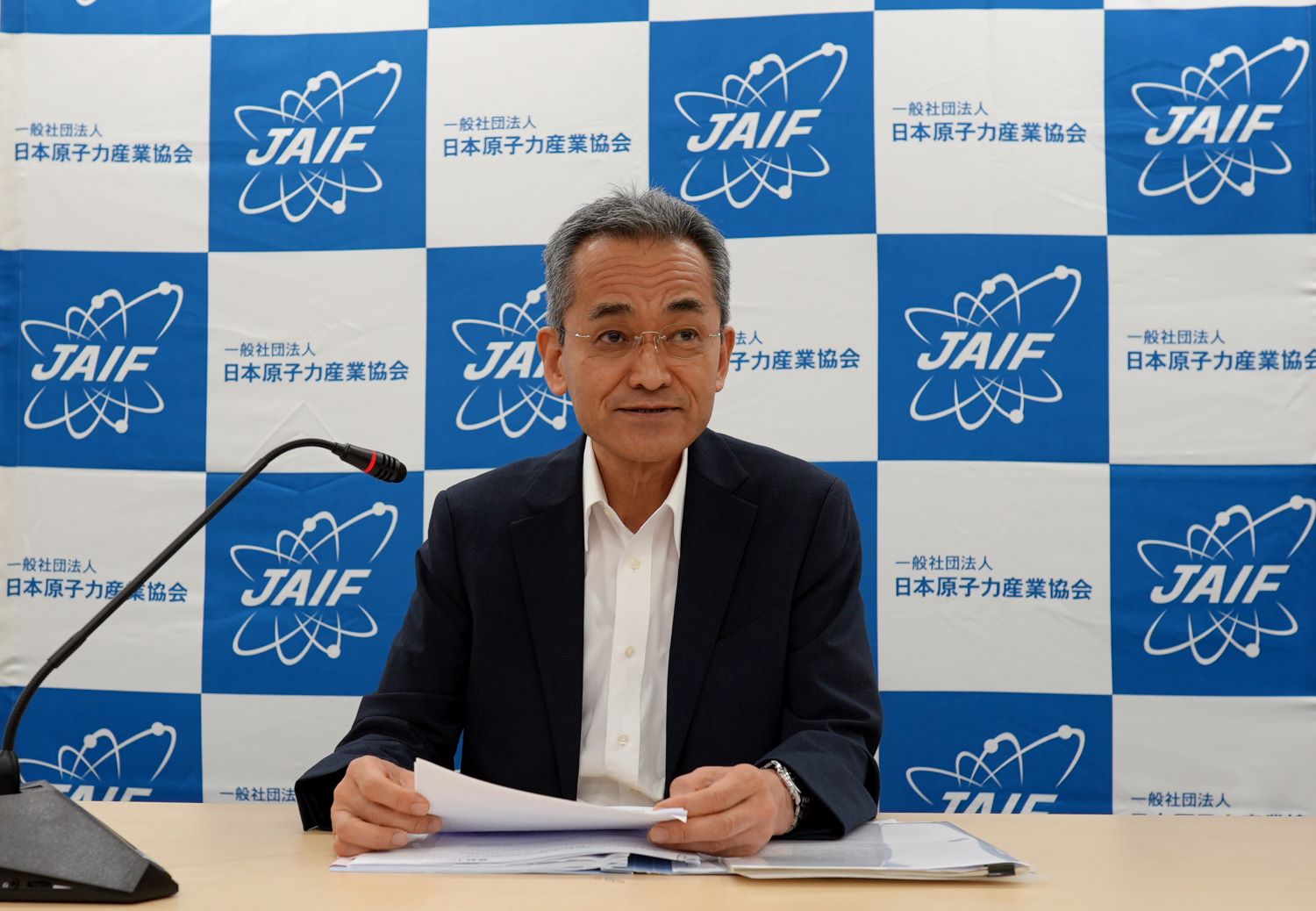24 June 2022
This statement is issued on behalf of the following organizations:
Canadian Nuclear Association
Japan Atomic Industrial Forum
Nuclear Energy Institute
Nuclear Industry Association
Nucleareurope
World Nuclear Association
Nuclear energy can enhance energy security and address environmental goals
The world faces two major energy challenges today: achieving decarbonisation goals and ensuring that every citizen and every business across the globe has equitable opportunity to have 24/7 access to dependable and affordable energy.
The combination of an increasingly urgent climate crisis and volatile energy prices has highlighted the key strengths of nuclear technologies. Nuclear energy is both critical to meeting global environmental sustainability commitments and a key asset for global energy security. The energy crisis exacerbated by the war in Ukraine has highlighted that efforts to promote energy security and clean energy transitions are inseparable.
The G7 commitment to move away from fossil fuels will require investment in low-carbon technologies combined with strong policies that further accelerate the transition towards a clean and secure energy system. Combining nuclear energy with renewables is proven to make rapid and long-lasting decarbonization of electricity generation an achievable goal.
Nuclear energy is an accessible, affordable, clean and reliable solution for countries seeking to transition away fossil fuels and achieve a just and equitable energy transition. The construction and operation of each nuclear power plant generates thousands of high-skilled jobs, supports the supply chain and stimulates local economies.
Beyond power generation, nuclear technologies have an enormous potential to decarbonize other sectors of the economy as well—transport, chemicals, and steel manufacturing, among others—through thermal supply and hydrogen production.
We therefore call on the leaders of the G7 to support access to nuclear technologies through the following actions:
- Maximize the huge contribution to decarbonization and energy security of nuclear reactors currently operating worldwide by incentivizing extending their operating life as much as feasible and support the restart of other operable reactors. According to the International Energy Agency, extending the operating life of existing reactors is the lowest cost method of securing additional low-carbon electricity generation.
- Include nuclear energy in national and international green financing policy frameworks. Put in place policies that clearly signal to the finance community that the nuclear industry is set to play a key role in the global fight against climate change in not only G7 countries, but also developing economies that are seeking modern, innovative means to shift away from fossil fuels as their energy demand is set to increase dramatically.
- Commit to a greater contribution from nuclear technologies to future energy supply, setting ambitious goals for new nuclear capacity that are supported by pragmatic policy instruments and efficient regulatory frameworks.
- Support the development of new nuclear technologies, including small modular reactors and other advanced reactors, that will expand the range of applications to which nuclear energy can be applied, to deliver deeper and broader decarbonization beyond the electricity generation sectors.
Printable version available here


